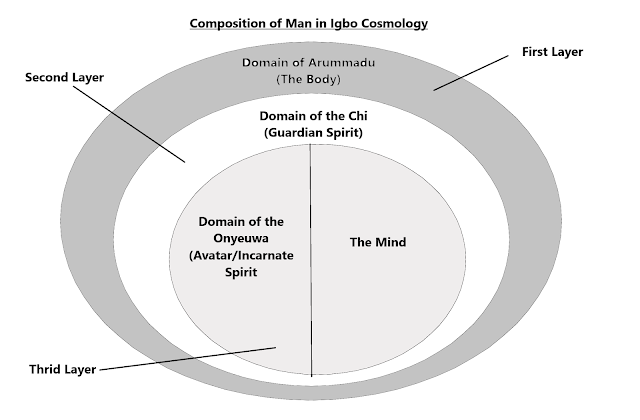This fictional book was recommended to me by a Scottish work colleague who told me that he found it very interesting and rich in African culture, both of which are true. I do not know much about the Igbo culture, but it seems similar to have some elements in it which are similar to other African cultures. I know a little bit of my own Yoruba culture but not as deep as I have wished to have known, which I often use as a baseline. Although in Yoruba culture, we have kings, priests, etc., from what I am told, the Igbo pride themselves on being more egalitarian for males, saying, "The Igbo have no King". The book was written by Chigozie Obioma. He was a finalist for the Booker Prize and is a Professor of English at the University of Nebraska-Lincoln. This is his second book, the first one being "The Fisherman".
 |
| Chigozie Obioma |
The book follows a poultry farmer, Chinonoso Solomon Olisa, and it is explained to us via his Chi or guardian spirit, defined as " the personification of that individual's fate, which is credited for an individual's life's successes, misfortunes and failures". But Chigozie, the author kind of personalizes the Chi, which is in the form of a spirit. It gives the story of the man from his own perspective, seeing what the man is seeing but unable to interfere directly and experience it as a passenger. It is written in the third person, and the Chi gives evidence before the magnificent court of Bechukwu in Eluigwe, away from the host. We are given some characteristics in Igbo mythology of the Chi, which are
- Seems to have its own "personality", separate from the host - and remembers experiences from previous hosts.
- Can possess a man, woman or animal, alive or dead.
- It can influence a person (it hosts), particularly when emotional. High emotions cause the host to be more susceptible to suggestions of the Chi.
- Chi is said to be the explanation for madness, epilepsy, murder, unnatural desires of hosts, etc.
- The Chi can physically leave the host and see the host from outside - floating and flying around the host.
- Many Chi can be in a particular host and occupy a single host.
- Chi can see and communicate with one another Chi, oblivious to their hosts, unaware of their Chi presence or its "personality".
- Time is a relative phenomenon in the Chi world, and its passage varies compared to our natural world.
- It is an abomination for a Chi to stay in the way of its host or force it to do things. The only thing it can do is to persuade its host.
- An evil spirit can possess an individual overpowering their Chi. Hence, displacing the Chi, leaving it to follow the host pleading and trying to negotiate with the evil spirit - often fruitlessly with the intruder.
- The Igbo believe strongly in destiny, and Chi's function is supposed to help its host achieve this in life.
- The Chi can represent the host in the spirit world, speaking on behalf of the host and giving an account of the situation the host finds themself in



Comments
Post a Comment